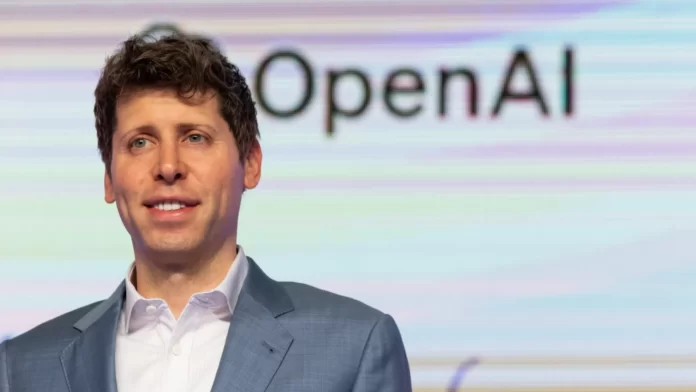OpenAI on Monday presented its plan for the future of artificial intelligence (AI) development in the U.S., emphasizing the need for investment and regulation to maintain the country’s lead over China in AI technology.
The AI startup released a 15-page document titled “Economic Blueprint,” stating that “chips, data, and energy are the keys to winning AI,” and urging the U.S. to implement nationwide rules to secure its advantage.
The announcement comes ahead of President-elect Donald Trump’s inauguration, with a new administration expected to be more supportive of the tech industry, including former PayPal executive David Sacks as the AI and crypto czar. OpenAI CEO Sam Altman also donated $1 million to Trump’s inaugural fund, joining other executives in seeking closer ties with the incoming administration.
“There’s an estimated $175 billion sitting in global funds awaiting investment in AI projects, and if the U.S. doesn’t attract those funds, they will flow to China-backed projects — strengthening the Chinese Communist Party’s global influence,” OpenAI said in the document. The company also proposed export controls on AI models, suggesting that these technologies should be restricted for nations likely to misuse them.
OpenAI, backed by Microsoft, plans to host an event in Washington D.C. later this month to discuss its proposals. The company is also working to transition into a for-profit business to capture more funding after raising $6.6 billion last year.




